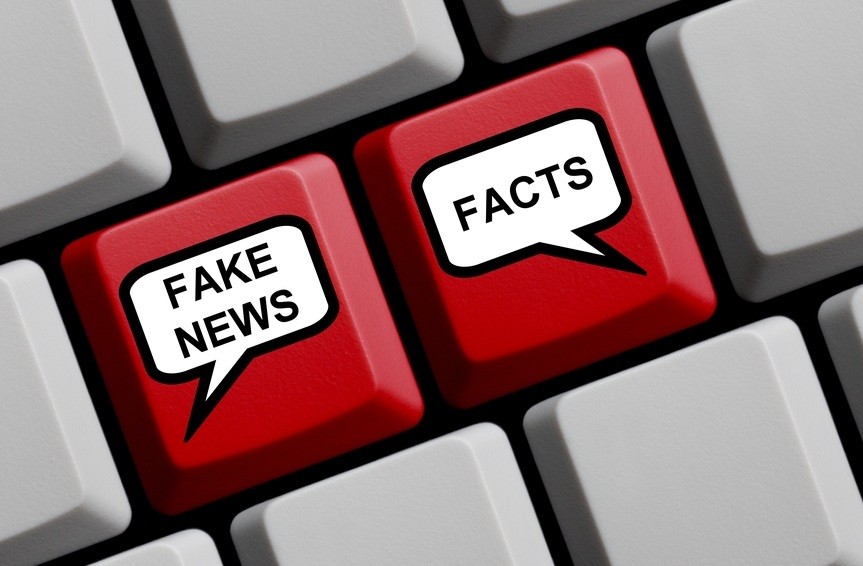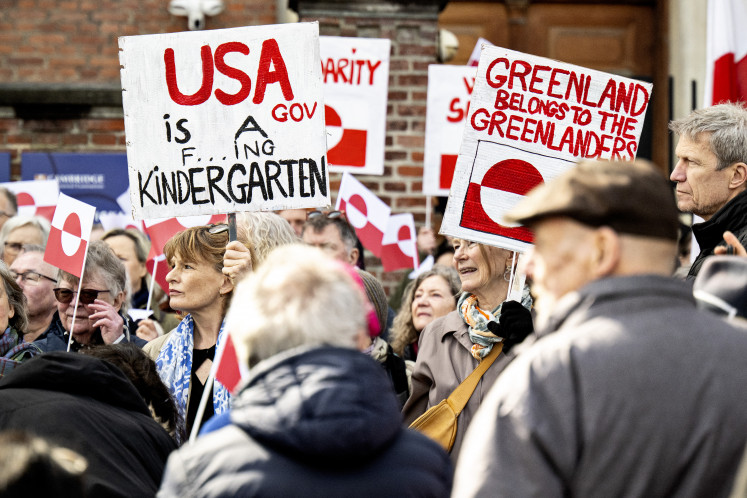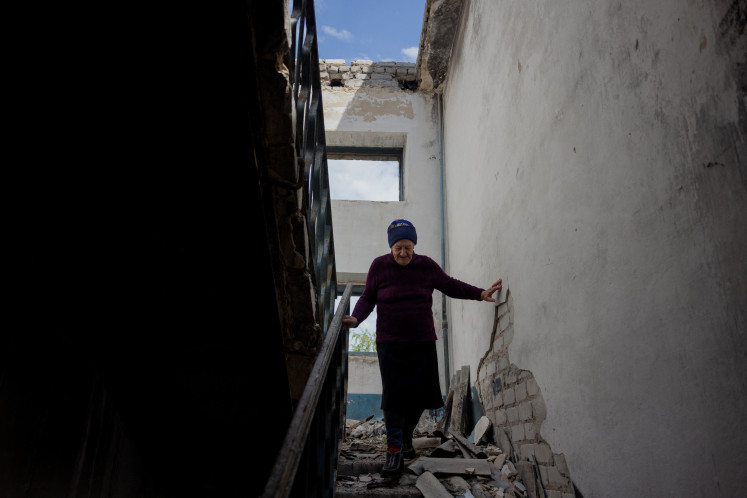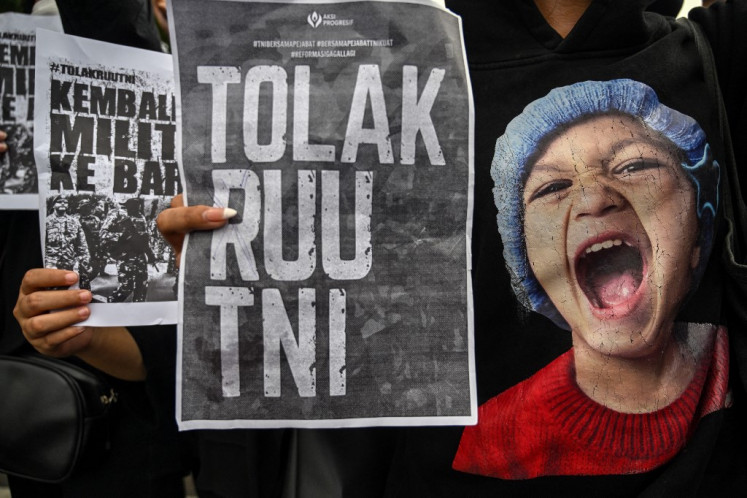Singapore teaches Asia how to fight fake news
Education and quality journalism play a great role in fighting fake news from spreading in the society.
Change text size
Gift Premium Articles
to Anyone
 To determine whether the news was true or false, researchers relied on six independent fact checking organizations. (Shutterstock/File)
To determine whether the news was true or false, researchers relied on six independent fact checking organizations. (Shutterstock/File)
I
t is restrictive to frame fake news as primarily a free speech issue. It must be framed in terms of technology and, ultimately, education.
A year ago, I summarized these rough thoughts to Association of Southeast Asian Nations (ASEAN) communications ministers, led by Philippines Secretary Martin Andanar. I am heartened to see this broader mindset mirrored in Singapore’s landmark parliamentary report on fake news, presented last Sept. 19.
The Committee Report on Deliberate Online Falsehoods itself is 176 pages long. With submissions from law students to tech company executives, it is 305 MB and 2,997 pages, plus 84 video clips of public hearings.
Education, it argues, is the first and longest-term solution.
Fake news is partly a cognitive issue. We must inculcate critical thinking and a fact-check culture from childhood. Singapore even plans to expand its already impressive library system.
And we must reinforce mutual respect. “Slow drip” fake news fractures shared spaces for discourse. It has stoked Islamophobia and so-called Islamic state recruitment, even real-life violence.
Singapore stresses this despite already having strict laws against defamation and stoking racial or religious tension.
The second solution is quality journalism.
Fake news globally has undermined trust in journalists, who are best placed to rebut it.
Journalism must thus be supported, including financially. Both mainstream media and “alternative news platforms” must be ethical. Ultimately, truth must be a core societal value.
Third is technology.
Filipina Myla Pilao of Trend Micro is cited extensively on how anonymous parties can buy a million likes on social media for US$18, and cheaply hiring thousands of bots.
Without violating free speech, legislation can prohibit fake accounts, ad revenue from fake sites, targeting specific demographics with fake ads, or blocking specific messages that cause panic in messaging apps.
Some fake news is motivated simply by profit. The report cites Macedonian troll farms cashing in on the 2016 US elections.
Finally, government’s role should be carefully defined. For example, fact-checking should be led by journalists and community groups. Otherwise, questions of independence might undermine the credibility of both fact-checkers and government.
However, government remains best placed to respond to disinformation that amounts to a threat to national security and sovereignty.
Singapore cites successful measures against attempts to influence the 2017 French elections. It received reports of an Asian country conducting organized disinformation operations and small groups that can cheaply “rent a botnet.” Singapore itself experienced 40,000 cyberattacks during the June 2018 Trump-Kim summit it hosted.
Broadly criminalizing fake news, even if one could define this, is not a focus. Singapore prosecuted the website “The Real Singapore” for falsely reporting that a Filipino family disrupted the 2015 Hindu Thaipusam procession. But this took a year, and did not itself address “xenophobic comments” and the report’s “corrosive effect.”
Government can promote transparency of its own records, be prepared to clearly respond to fake news, and take special measures during elections.
Note that political fake news (and hyperpartisan messages not in themselves fake news) is part of a larger universe, along with rumors of bombings and extremist messages. A Singapore business was even attacked with a doctored photo of a halal sticker on pork.
Singapore’s fake news report and its wealth of accompanying materials are available online. Our legislators, CEOs, journalists, educators, technologists and students must study the comprehensive playbook of fellow Asians. Sen. Grace Poe, who has ably spearheaded fake news legislation, can readily adopt many of the multifaceted, uncontroversial recommendations.
Filipinos may well conclude we have been debating fake news in too narrow a context. At the very least, we must aspire for the meticulous, transparent policymaking demonstrated by Singapore’s report.
This article appeared on the Philippine Daily Inquirer newspaper website, which is a member of Asia News Network and a media partner of The Jakarta Post









